You may be wondering at this point how we financed the purchase of the Ugly House. So often we read renovation stories, and there’s no mention of how the renovators made it happen. Even if you’re a master DIYer, dry wall and screws still cost money. It’s not uncommon for expats to purchase property in France in cash. They arrive at their notaire’s office with a digital wheelbarrow filled with dollars or pounds, sign a few documents, and Bob’s your uncle. (If they’re British, they might literally say that.) We did not have a wheelbarrow full of cash, but we did have a house in the States that had earned a respectable amount of equity. Otherwise, the wheelbarrow was empty. This is not for a moment to deny our spectacular privilege, but there are people who own stocks and bonds, and people who periodically have been forced to live on Ramen until the next check arrives, and we were the latter.
What, you may ask, is a notaire? The closest thing in the US is the escrow officer at the title company. In France, the notaire is an attorney whose role in the sale is to represent the transaction. If you’re familiar with the deep French affection for documents, it probably comes as no surprise that the paperwork has its own representative. The notaire, appointed by the Minister of Justice and acting on behalf of the State, makes sure each piece of paper is filed out, stamped, and filed correctly. As far as I could tell, our notaire’s main function was showing us where to sign, creating a manila file with our name on the tab in capital letters, and practicing his delightfully wretched English. For this, he earned 8% of the sale, more than our estate agent, who earned about the same as US realtors. The notaire is the best paid person involved in the deal, since interest rates for a 20-year fixed rate mortgage is currently 1.3%.
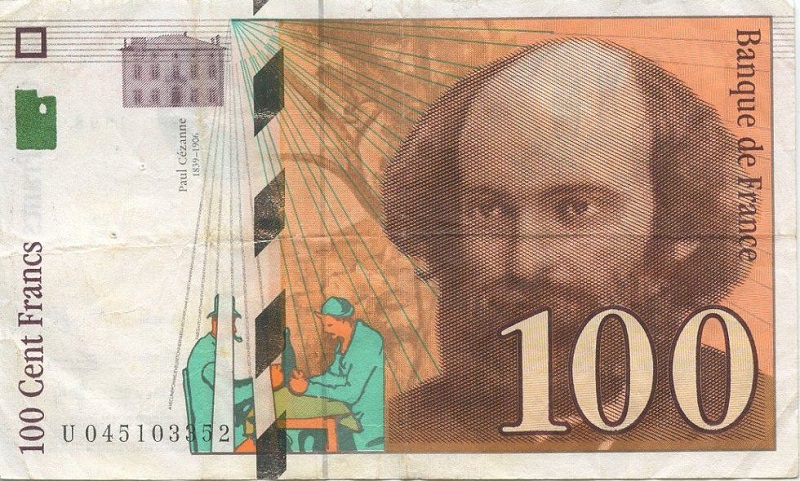
Some banks in France, especially the big multinationals, flat out refuse to deal with Americans, not because we’re loud and smiley and have been known to eat lunch at our desks, but due to complicated tax requirements foisted on the French banking system by the IRS. The bottom line is that it makes more paperwork for French bankers (their love of paperwork is not ecumenical), and so it’s easier just to say no.
Fortunately, our situation was a bit different. We were not trying to set up housekeeping in Paris, or any other big French city. Collioure boasts a population of 3,000, and there are only two banks. One of them employs an English-speaking banker who is a friend of friends. We were lucky; we had a little “piston,” a French word that literally means boost, but also means connections, influence, or strings pulled on your behalf. Our friends were willing to vouch for us, and in a small village that means a lot.
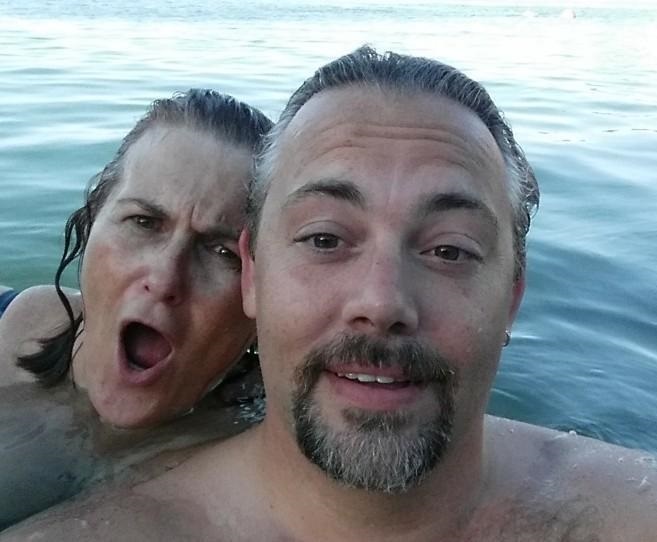
By the time we dared to think of applying for a mortgage (in France! In FRENCH!) we had developed a relationship with our banker. During one meeting, we told him about finding a house we liked and he advised us to apply for a mortgage. Even with that tempting 1.3% interest rate (!), I was dubious. When we first conjured this dream of living in Collioure – or when I conjured it, since I am both the Executive Function and Chief Conjurer in the partnership, whereas Jerrod is head of Emergency Services, MacGyver Fix-It Industries, and Resident Computer Genius – I imagined we would rent for a few years. We knew how hard it was to simply open a bank account — people literally congratulated us on having secured a checkbook – and we didn’t imagine the bank would approve our application. I’d spent the better part of my adult life in the United States applying for first loans, second loans, car loans, credit cards, etc. and being refused because as a freelance writer I had no regular income. (That I’d never missed a mortgage payment, and have been supporting myself and sometimes my family with my pen since 1990 made no difference.)
The only thing our bank seemed to require were our birth certificates (French bureaucrats also possesses a deep and abiding love of birth certificates) three months of bank statements, and our 2018 tax returns. We told our banker that once our house in Portland sold, we would use the equity for the down payment on the Ugly House. Our banker said he would take our application to his boss to get a verbal pre-approval. We didn’t know when he was going to do this, or how long it would take. We are fond of our banker, but he has the very French habit of not responding to emails if he doesn’t have anything to tell you. There is no such thing as the update email. There is no “I expect to have news for you at the end of the week.” There are just crickets. The crickets can go on for quite some time, so long that you wonder whether the person you’re waiting to hear from is still employed.
One day in October, we received a phone call from our banker. He was adorably excited to report that we were pre-approved to make an offer on the house. I said, “juste comme ça?” Just like that? Didn’t we need a document of some kind? Didn’t we need to show the sellers our birth certificates? “No no! It is okay! You may make the offer!” he said. We went straight to Neil the Estate Agent’s office that afternoon and put in an offer. I was giddy, not with the idea of owning a little part of France – that would come later – but of having been pre-approved by a French bank, a bureaucratic triumph! Our offer was accepted three weeks later. We were assigned a closing date – which would turn out to be just a sort of nice suggestion – even though we hadn’t yet filled out an official mortgage application.
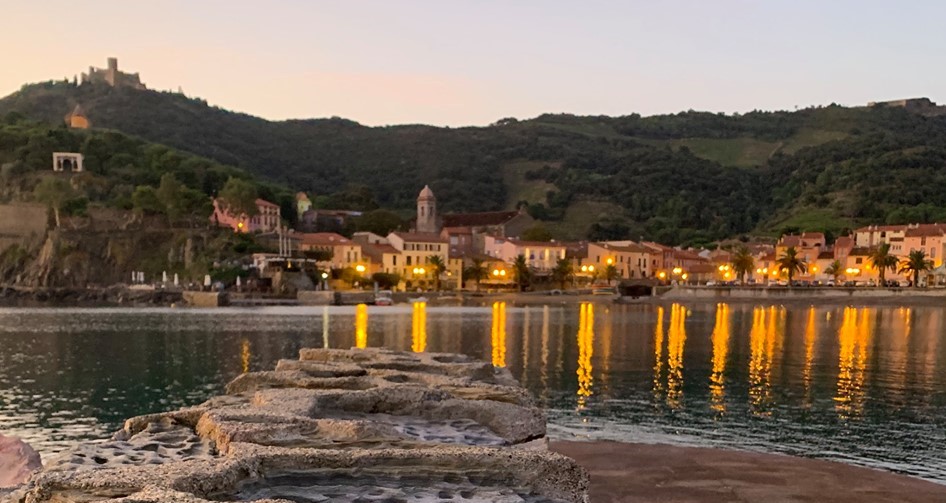
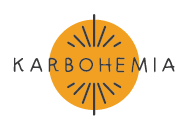

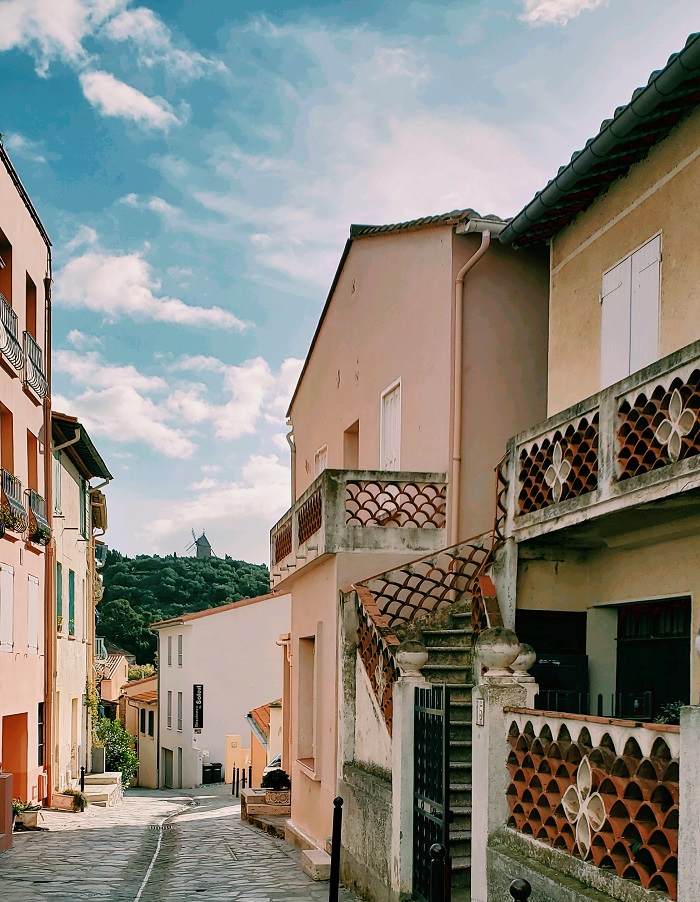






I love it……BTW we have Notaires in the Netherlands too, it’s a study of law at university for 3 years and1 year notariat. They do other things as well like wills, all sortes of certificats, it’s still difficult to get your own office as it is very protected. Am curious about the rest of the “ugly house”
I’m sure they do more than what they did for us. We’re still trying to adjust to the things the French seem so casual about and what they pay strict attention to. As for the rest of the ugly house, the refaire is moving right along.
Ha! Loved this! We are just starting the process from abroad. Loads of fun doing it from afar.
Ai yi yi! Let me know if I can help. Also, when are you back?
But can you just love there as American citizens? How does that work?
To stay in France for longer than 90 days you need a long stay visa. You apply for the visa in the US, and once you arrive in France you go online and validate the visa and make an appointment at the local prefecture to present yourself for a residency permit. It’s not complicated, just paperwork intensive.
Karen, I’m loving this! Years ago, we tried to buy a small road house type hotel with a cafe in Scotland with some friends and found out that for any real estate involving food & beverage, the brewers were the lenders. And since we had no relationship with a Brewery, we were SOL. Keep up the installments!
The brewers were the lenders. . .that’s an interesting wrinkle. The French way of doing things isn’t terribly different from the US, but what they deem essential (documents, even if they’re not specific to the transaction) and less important (time), is completely fascinating. Patience has never been more of a virtue, let me tell you.
Love your postings on the ugly house.
Thanks, Shelley. I feel like I have to document all this, or risk mild insanity.
When I bought my house in Mexico, it was the notario, and he was the most revered man in the village. There were 10 people at my closing (who knows why or who they all were), the documents were displayed in Spanish on a cracked office wall via an ancient overhead projector, and I signed my name at least 200 times resulting in a giant stack of papers I’ve yet to ever see again. And no such thing as a mortgage, so pesos it was. Foreign real estate makes one’s heart expand and shrink at a breakneck pace.
When I bought my house in Mexico, it was the notario, and he was the most revered man in the village. There were 10 people at my closing (who knows why or who they all were), the documents were displayed in Spanish on a cracked office wall via an ancient overhead projector, and I signed my name at least 200 times resulting in a giant stack of papers I’ve yet to ever see again. And no such thing as a mortgage, so pesos it was. Foreign real estate makes one’s heart expand and shrink at breakneck pace.
Oh, so much to love about this: the overhead projector, the cracked office wall. And yes, all those signatures. The serious things, the things they couldn’t care less about…the world is a mystery.